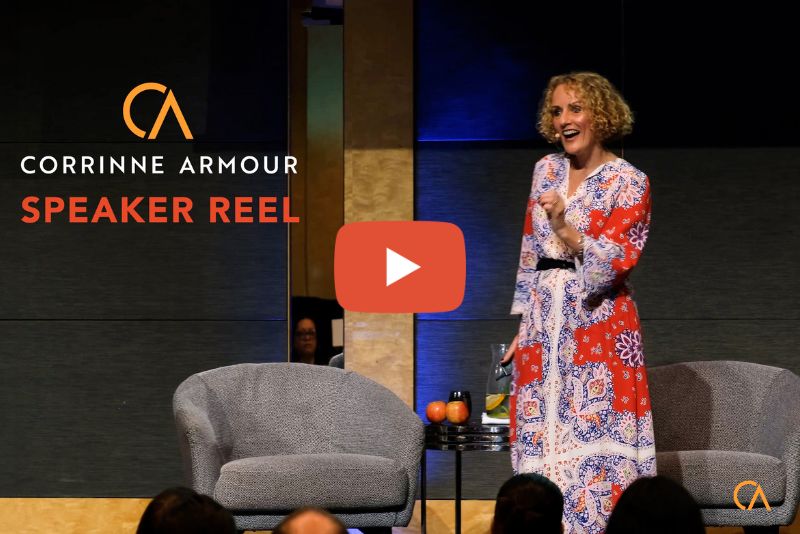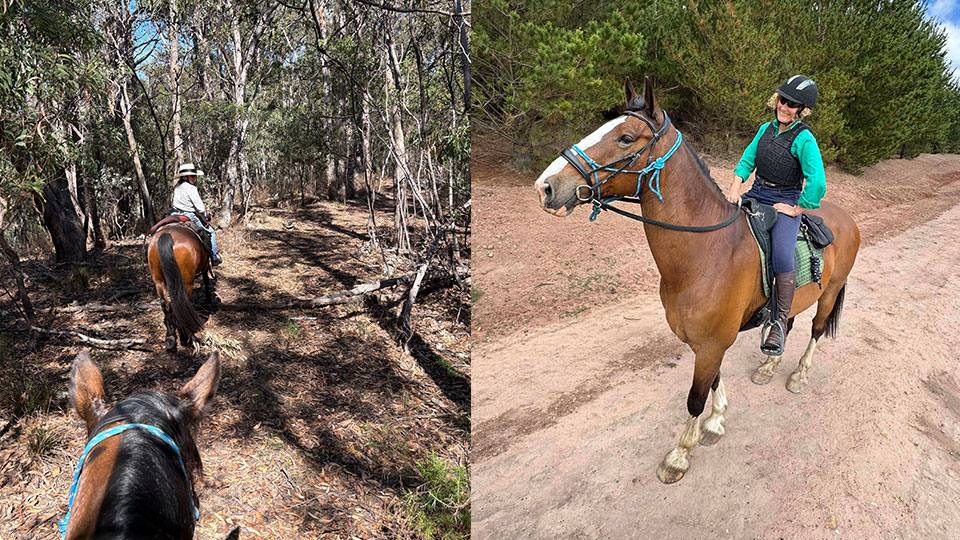
Talented individuals don’t automatically form a talented team! You already know that, right?
In an environment of low trust, or when people lack self or team awareness, differences in style can be judged as ‘difficult’ or ‘undermining’. (The internal dialogue goes something like ‘You and I think and operate differently. I must be right, so you must be wrong!’) These judgements cause people to become defensive and more entrenched in their position.
When we understand the motivations of others, ‘difference = wrong’ shifts to ‘difference = difference’ and then to ‘difference = diversity we can leverage’. It is this shift that increases understanding, builds connection, and allows everyone in the team to play to their strengths.
The Bible tells us ‘Do unto others as you would have them do unto you’. This doesn’t always work in teams, because what I want may not be what you want. Fearless teams make an important distinction on motivation to get the best results from each other. They follow the approach ‘Do unto others as they would want to be done unto’.
Understanding what motivates your peers will help you leverage the diversity of your leadership team, making true inclusion (and better business results) possible. Bersin by Deloitte’s 2017 Diversity and Inclusion Report highlights that inclusive organisations have better business outcomes, including:
- six times more likely to be innovative
- six times more likely to be agile, able to anticipate change and respond effectively
- three times more likely to be high performing
- twice more likely to meet or exceed financial targets
So how about your team?
- How well do you really understand what motivates each of your peers?
- What are you putting at risk by maintain this level of understanding?
- What could you do today to form deeper connections with your peers?
Go fearlessly
STAY IN THE LOOP
Subscribe to our blog.
Exciting. Intimidating. Challenging. Encouraging. Discouraging. These are some of the emotions we face when we commit to mastering something new. The first time I gave a ‘speech’ was in my postgraduate year, presenting my research findings to fellow students and examiners. I was so nervous I felt sick. Afterwards, I felt proud of what I





